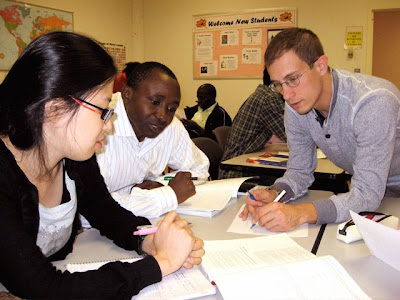
For most students, news of their shortcomings is a shock. Remedial class placement, which is usually determined by standardized tests taken in the months between leaving high school and starting college, is highly associated with an increased risk of dropping out. Thus, those students that are prepared academically have a greater likelihood of persisting and graduating. So how can we change this current situation? The students need to be more aware of where they stand – both to prepare better, and not be stunned when they are told they need to take Math 75 (which won’t count for their degree, but they will have to pay for it) before they even have a chance at getting into Math 101 or higher (depending on their proposed major.
In a poll done by high school counselors in 2008 found that the majority of high school students often waste the 12th-grade year on courses not in line with a college preparatory curriculum. That would be taking classes such as (but not limited to) journalism, art, choir, or physical education that are neither required for graduation nor necessary for college admission. Electives can be good, and are needed as evidence of a well-rounded secondary education, but taking too few “core” academic subjects during the senior year is frowned upon and can hurt not only an admission to a potential university, but also a student’s recollection and therefore his or her ability to successfully pass that barrage of standardized tests typically taken during or directly following the 12th-grade year.

The California State University system has shown much success administering a policy in recent years on this very subject. They offer remedial placement exams to all high-school students, without charge, one year earlier, at the end of the 11th grade. That would give each student an idea of where they are, allowing them to take that additional math class or concentrate very hard in English (or even get tutoring) during their senior year. Now, I’m not saying that this is the only way, or the best, but it is a start…
I think what shocks parents and students the most when I meet with them to talk about going to college is when I ask to speak to anyone in the 7th grade or higher. They ask why and the response is always the same: “Going to college is more a mindset than a decision.” Of course, you should decide that you want to go to college, and decide that you will prepare yourself, and decide that this that and the other will get done... But it really only takes one decision to go to college – the rest is acting on it and seeing it through, thus the mindset.
Now, I’ll walk you through each decision once the student has that mindset… Stay tuned.
No comments:
Post a Comment